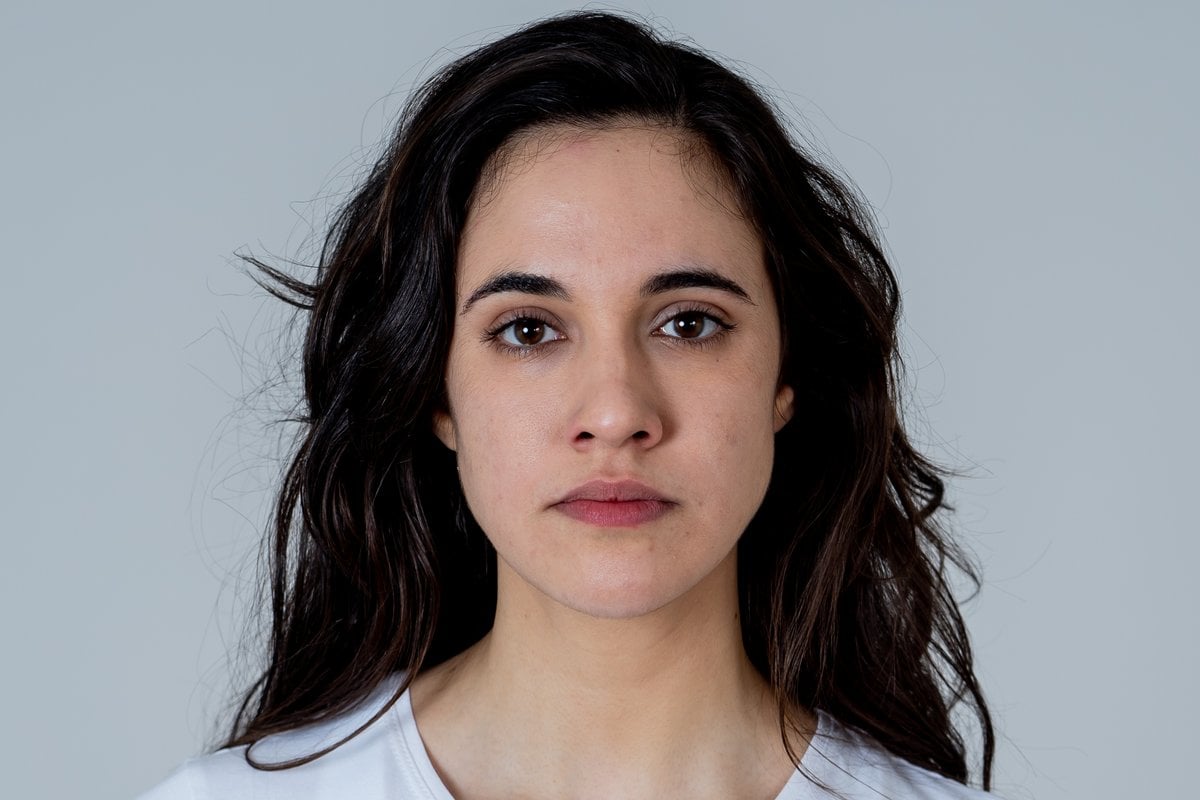
It was my birthday.
And that year, my birthday coincided with a workday.
I walked towards our office, excited to see what my colleagues had planned for me. For each of our birthdays, we had a tradition to decorate the birthday person’s desk with cute pictures, photos and funny quotes that would make them laugh.
Or at least that’s what I had thought.
For Beth, we decorated her desk with pictures from her favourite TV show. For Jenny, it was photos of her ginger cat. For Cate, candid pics of her and her partner from her Facebook profile as an ode to her superhuman, terrifyingly stealth Facebook stalking skills.
Watch Imbram X. Kendi, author of How To Be An Antiracist, explains why saying "I'm not racist" isn't enough. Post continues after video.
And for me?
Maybe they would stick up photos of my adorable toy poodle (not biased at all). Or happy snaps of my husband and I.

Top Comments